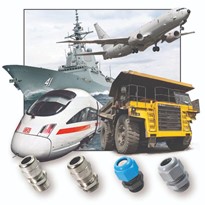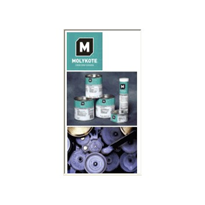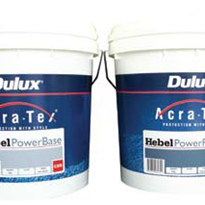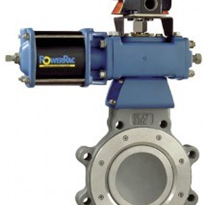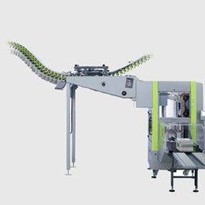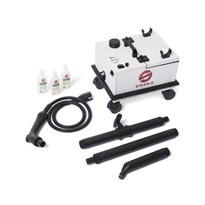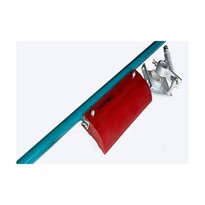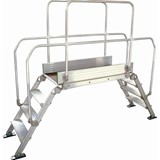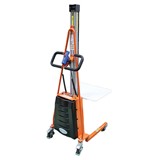The Department of Industry's High Performance Manufacturing Workplaces Study of more than 1000 manufacturing SMEs sought to understand the issues that shape the ability of Australian manufacturers to drive high performance outcomes, and the support required for such a transition to take place.
According to the study researchers, the adoption of High Performance Work Practices (HPWP) by manufacturing enterprises has been recognised as improving metrics in performance, innovation and employee turnover.
Simply put, the HPWP practices of the report are comprised of three elements:
- Employees need the knowledge, skills and abilities to do their jobs properly;
- They need to feel motivation and effort to do their best;
- They need opportunities to contribute to their workplace, so they can solve problems and innovate.
Small and medium-sized manufacturers (those with less than 200 employees) are likely to have labour and capital in place, and the flexibility to respond to changes in demand and new innovation developments.
Translating HPWP principles into practice
However, the study shows that HPWP practices are not widely adopted in Australian manufacturing organisations.
Formal off-the-job training was relatively scarce, with only 20 per cent of workplaces providing this type of training to more than half their workforce, and only 10 per cent of workplaces identify training needs through performance appraisals.
The findings point to the need for assistance so manufacturers can translate these principles into practices that align with their workplace. The survey results showed the stronger the HPWP system was in place, the greater the impact across a range of performance outcomes.
A2K Technologies' ANZ Consulting Manager, Sean Twomey, author of Structured Knowledge Management Using Skills Assessments agreed that formal systems are essential to improve performance metrics. He said too many businesses rely on assumptions alone, and it was important that they use benchmarking for performance management.
"A framework of benchmarked technical resources enables reliable business decisions to be made on forming teams to specific requirements," Twomey said.
"Different groups or divisions (for example, engineers vs draftees) require different levels of expertise on say, technical software.
"Recognising this is important to form realistic benchmarks for each group, which can then be applied to both company-specific standards and national/global standards."
Skills assessment 'essential'
According to Scott Gallacher, Senior Solutions Consultant, A2K Technologies, skills assessment is an essential exercise for an efficient and optimised working organisation.
"It provides many metrics that offer valuable information for a business moving forward. This may include recognition of prior learning (RPL) of its employees (both existing workforce and new staff), or metrics to create training programs, and also to show the value of any training that is being undertaken," he said.
"Skills assessments provide individual results for individual staff, with measurements that can assist the organisation's HR activities, as well as providing combined results, either for project teams, offices or regions. This can be invaluable to realise skills gaps and allow for tailoring of training to the organisation.
"Naturally, this can be overwhelming for organisations that have never put such a system in place, but they don't need to go it alone.
"A2K Technologies has extensive experience in partnering with companies to roll out skills assessments to their staff, as well as dissecting the results from these assessments to create bespoke training programs."


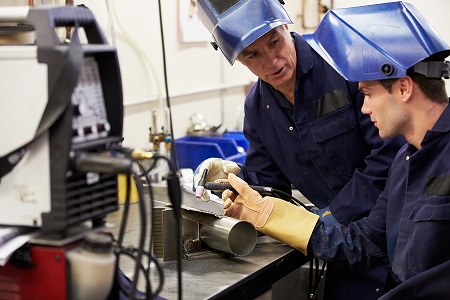






-205x205.jpg)
